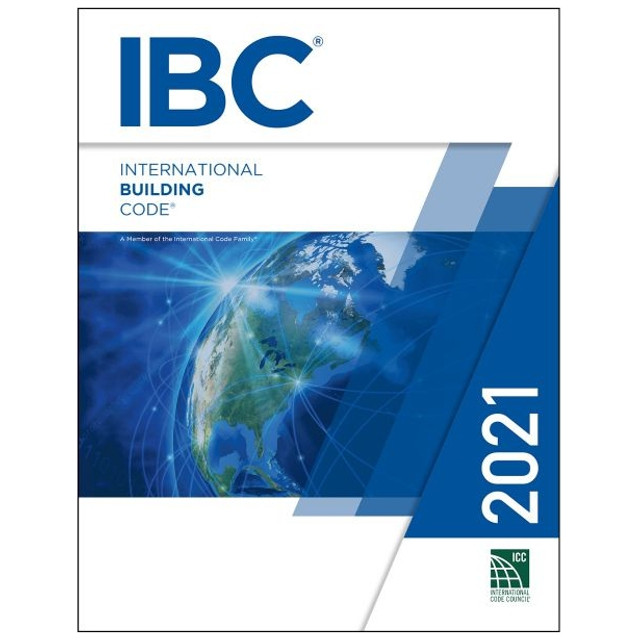Which should you reference for your project: IBC vs. ANSI? The International Building Code (IBC) and the American National Standards Institute (ANSI) both play vital roles in building design and construction. However, they serve different purposes and apply in distinct contexts.
International Building Code (IBC)
Established by the International Code Council (ICC), the IBC sets minimum standards for safety, health, and welfare in building design and construction. It addresses structural stability, fire safety, plumbing, mechanical systems, and accessibility.

When IBC Applies:
- Jurisdictional Adoption: Local and state governments adopt and enforce the IBC as the legal standard for building projects within their areas.
- New Construction and Major Renovations: The IBC applies to new constructions and significant renovations, ensuring compliance with current standards.
- Commercial and Residential Projects: The IBC covers both commercial and residential buildings, with specific chapters tailored to different types of occupancy.
American National Standards Institute (ANSI)
ANSI is a private, non-profit organization that accredits voluntary consensus standards developed by other organizations. It does not create standards but ensures they meet criteria for openness, balance, consensus, and due process.

When ANSI Applies:
- Specific Standards Development: ANSI accredits specific standards such as the ANSI A117.1, which deals with accessibility standards for buildings and facilities. These standards are often referenced by codes like the IBC.
- Voluntary Standards: Many ANSI standards are voluntary unless they are adopted by reference into laws or regulations. They may be used by designers and builders to demonstrate compliance with best practices or industry benchmarks.
- Industry-Specific Requirements: ANSI standards can apply to specific aspects of a project, such as safety protocols, materials testing, or performance criteria, often across various industries beyond construction alone.
IBC vs. ANSI: Key Differences
- Scope and Function: The IBC is a comprehensive building code with legally enforceable standards adopted by jurisdictions. ANSI accredits specific standards that may be voluntary unless adopted by law.
- Application Context: ANSI standards often supplement the IBC or other codes, focusing on specific criteria. The IBC applies to general building construction and major renovations, setting safety and welfare requirements.
- Authority: The IBC is a regulatory code, while ANSI provides a framework for standardization and accreditation of industry standards.
Practical Application in Design
In project design, professionals must comply with the IBC as required by local authorities. They should also consider relevant ANSI standards, particularly those referenced by the IBC or other regulatory bodies. Understanding both the IBC and ANSI standards is crucial for creating safe, functional, and compliant buildings.










